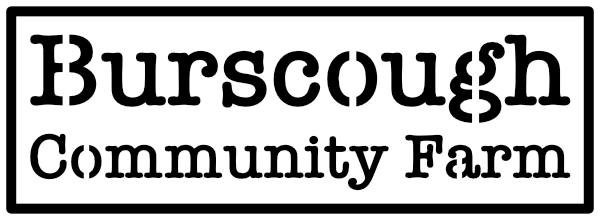Creative Writing
Our produce is seasonal
Creative Writing
The first of our series of Creative Writing sessions was led by local author Carol Fenlon. Carol’s passion for the Lancashire landscape and for growing veg on her allotment made her the ideal artist to inspire the group. We began by exploring the words and concepts of ‘Community Farm’ and ‘Cultivate’, using the ‘word wheels’ that Carol introduced us to. Then we tried our hands at composing short and pithy haikus to capture our feelings about the rural surroundings.
The greenhouse is warm
Ideas sprout like seedlings
I can grow here too
***
The tree turns its head
Still no-one is looking
It steps to the left.
***
Digging and churning
A back ache for a courgette
My favourite pastime
The following week we explored some Surrealist techniques. In Surrealism, nature, wildlife and wilderness are integral themes, particularly in the work of surrealist women whose work is often replete with animal imagery and set in wilderness landscapes. A classic Surrealist game, the Exquisite
Corpse, produced some poetic results:
An articulate cabbage butterfly running the blue cathedral
***
The young pantechnicon spits the shining jay
***
And a related question and answer game proved equally intriguing:
Q: How do you grow tomatoes?
A Start a conspiracy theory
***
Q Where are splendid sunsets found?
A Where we last dug two holes
***
Then we tried our hands at automatic writing and a number of us found that it loosened our creative
blocks and gave us some material to sculpt into more formal poems. This helped one participant in particular who felt the creativity she used to have was buried under years of raising children and working. She was keen to ‘cultivate’ that dimension. Another participant needed no loosening,
though. She described how she had been writing poetry ‘non-stop’ since the first workshop. As
mother of the farm’s manager she had a deep connection to the farm and her love for the place and
its people shone through her writing. Other participants reflected that their own love for nature and
growing came from family members and childhood experiences.
The following two weeks gave us space to develop our work. We ventured out from the polytunnel
where we had based ourselves, and found inspiration in various parts of the farm, each drawn to
different places and different ideas.
….Nurture versus nature is on today's to-do list to replenish our empty lungs as transient
breaths become part of us and endeavour to move us on a step…. (Extract from participant’s
poem).
Another participant came up with the poetic questions:
Hiding duck, Are you on eggs?
How are you struck by my wondering legs?
We discussed the interesting ambiguity of wondering and wandering (when spoken) and how one
might ‘wonder/wander’ with one’s legs as well as one’s mind, a kind of physical exploration in search
of something.
We all wondered/ wandered about the landscape from different vantage points: our age, our
relationship to the local area, our life experience, all played their parts. Nowhere was this
highlighted more than through the work of one participant who had recently arrived in the UK from India. She composed the following poem in Kannada but also supplied us with an English translationnwhich, she noted, did not allow for an exact replication. The poem’s title, satʃidānanda literally translates as sat= truth + tʃit =consciousness + ānanda=bliss. But this word has much deeper spiritual meaning.
….ina āḍutiruvanu kaṇṇā mutʃtʃāle āṭa mōḍagḷa naḍuve
mana tēlutihudu kalpanegaḷa naḍuve
prakāśa kaggattila naḍuve ihudu dhvani
tʃalane sthirateya naḍuve ihudu mauna….
…. The Sun is playing hide and seek game by hiding behind the clouds and peeking out through them. So is my mind playing in the imaginative world. I acknowledge an inner voice in between this darkness and brightness while I listen to the silence in between movement and stillness….
Click here to read more of the work produced during the workshops.
